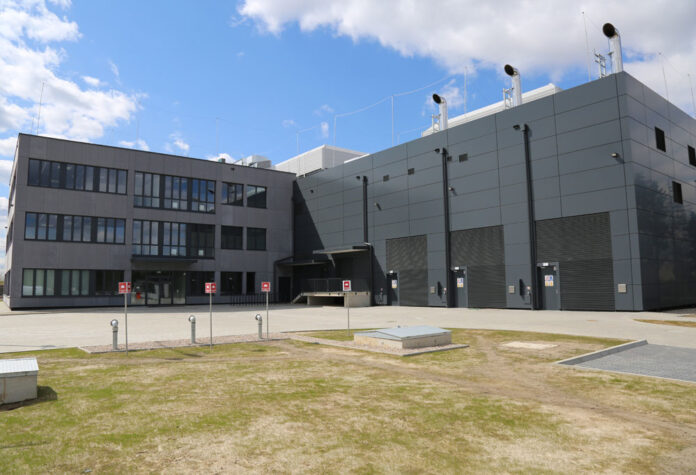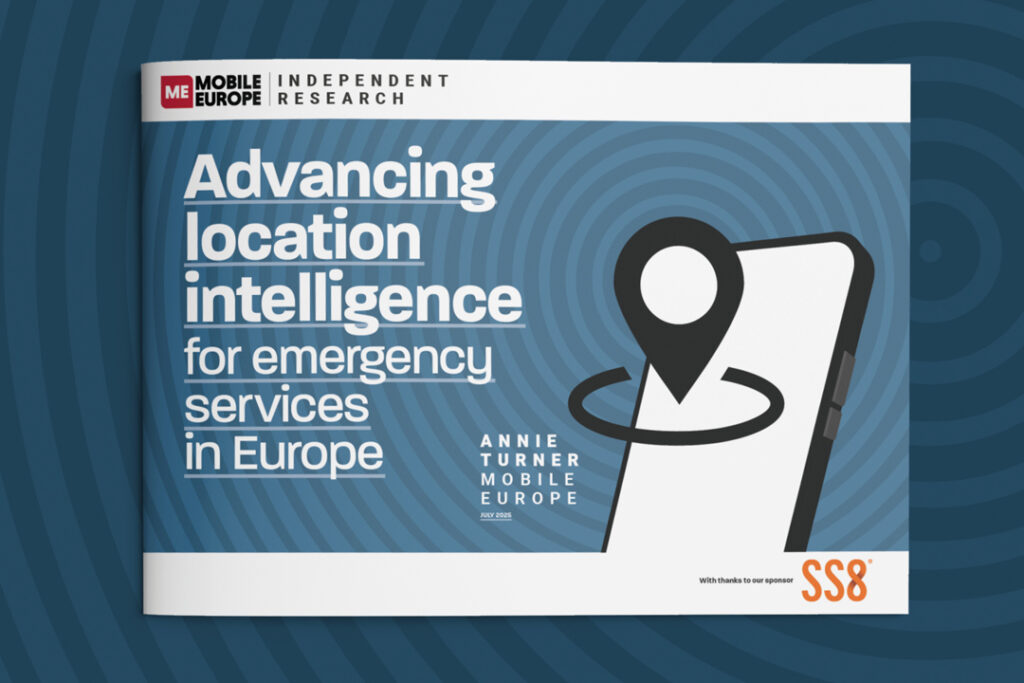The operator’s tests have successfully verified the possibility of commercial use of quantum key distribution with its current setup
Polish operator Netia and Nokia have successfully completed proof of concept tests of the use of the latest encryption technologies using quantum physics using the vendor’s commercial DWDM PSS1830 system between data centres located in Warsaw and Jawczyce. The operator claimed this is the first project of this type in Poland.
In the face of growing cyber threats, using quantum physics is becoming a key element of data protection. Quantum security come in two flavours: technologies that use new algorithms that run on conventional hardware and protect data from future quantum attacks, and technologies that use quantum communications to make it impossible to crack encryption keys exchanged over networks.
Nokia and Nokia Bell Labs focus on two quantum security areas. The first, quantum-resistant cryptography is a new generation of encryption could protect today’s data from a quantum computer-initiated attack. Some technologies like symmetric keys are already widely available. But post-quantum cryptography (PQC) is now emerging and some operators like South Korea’s SK Telecom, are already making strides with it. Nokia is a member of SKT’s quantum alliance. PQC algorithms use our understanding of quantum computing to create encryption keys that will be extremely difficult for even a quantum computer to crack.
The other area Nokia [and others] is looking at is quantum key distribution (QKD): Thanks to the principle of quantum entanglement, it is possible to detect whether an eavesdropper tries to intercept any information transmitted in a quantum state. QKD takes advantage of this principle to securely exchange encryption key material over a quantum channel or network.
Real world
In the Netia trial, Nokia deployed QKD – which enables the generation and exchange of encryption keys with absolute certainty of their confidentiality – using the principles of quantum mechanics. The Nokia DWDM system used in Netia’s network integrates this technology into its DWDM PSS1830 system, which allows for an increased level of security.
The tests, conducted in cooperation with Nokia, covered a variety of operational scenarios, including real-world data transmission, real-time key management, cyberattack simulations, and digital channel failure. All tests were successful, confirming that the integration of QKD and NDQ Evolution with the PSS1830 DWDM system provides the expected performance and reliability parameters.
The NDQ Evolution platform developed by Nokia manages dynamic encryption key distribution and network performance optimisation. Netia said its implementation in the PSS1830 system allows for dynamic encryption key management, throughput optimisation and latency minimisation, which is crucial for today’s applications requiring the highest reliability.
The test results confirmed the system’s ability to provide the highest level of data transmission security in next-generation telecommunications networks. The solution also guarantees – already today on the cusp of the quantum computer era – resistance to attacks using the computing power of future quantum machines.
Currently, Netia’s network uses a commercial system that enables the sale of encrypted links with a throughput of up to 100Gbps using key distribution generated based on the principles of classical physics. Tests have verified the possibility of commercial use of quantum key distribution using Quantum Key Distribution (QKD) technology managed by NDQ Evolution and 1830SMS.
Nokia jumps in
Nokia jumped into this space because once quantum computers advance far enough, they will be capable of cracking data encryption deemed unbreakable with classical computers today. According to Nokia’s head of Quantum-Safe Networks Martin Charbonneau, the day this Cryptographically Relevant Quantum Computer (CRQC) comes online is the day that all classical data encryption becomes exposed to attack.
“It is not a question of if, but when, Q-Day arrives. And when it does, quantum computing will render most current encryption schemes obsolete and threaten the integrity of digital infrastructures and economies. Not only do we need to be prepared for that moment, but we need to begin those preparations now to minimise our risk exposure,” he wrote in August.
Last week, Nokia used its 1830-PSI platforms and its 1830 Secure Management Server to act in the role of key management and orchestrator in a test of quantum cryptography systems for data networks using low latency fibres, in collaboration with lyntia, LuxQuanta, ID Quantique, evolutionQ, OFS | Furukawa Solutions and Digital Realty. During its test, two versions of QKD technology from LuxQuanta (CV-QKD) and ID Quantique (DV-QKD), along with a Quantum Key Management System (QKMS) from evolutionQ, were used to protect data centre access connections – all over low latency hollow core fibre.



